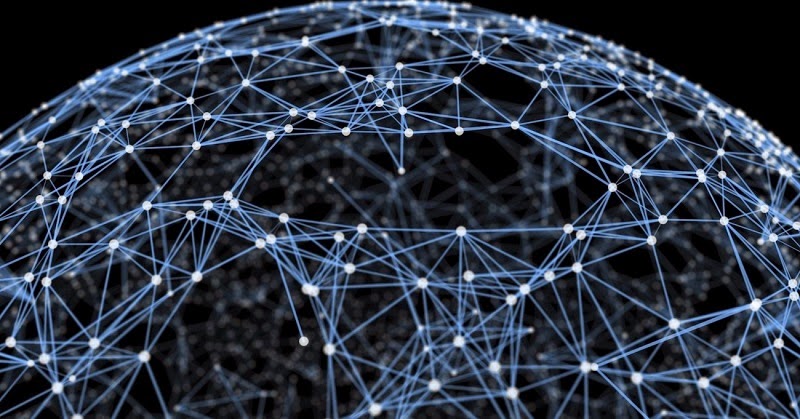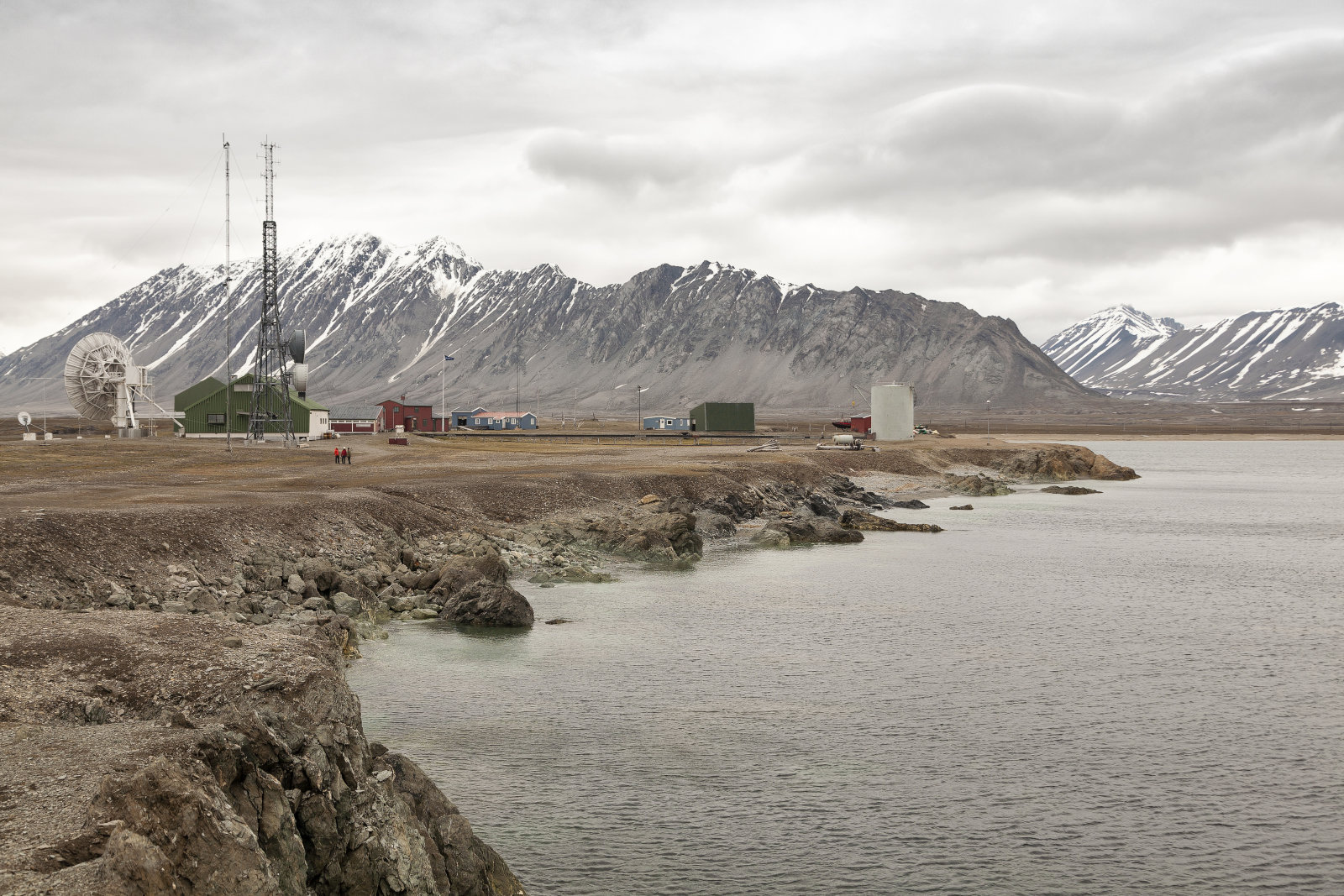
by Judy Dempsey
Judy Asks: What Will Be the Big Foreign Policy Story of 2016?
Every week, a selection of leading experts answer a new question from Judy Dempsey on the foreign and security policy challenges shaping Europe’s role in the world.
Thomas CarothersVice president for studies at the Carnegie Endowment for International Peace
One story that Europe should contemplate in 2016, especially with regard to thinking through Europe’s global strategy, is one coming from the United States: the U.S. presidential election.
It is of course impossible to predict the outcome of this race. But there is some chance that the Republican candidate, whoever that turns out to be, will win. If that happens, Europe will be presented with a U.S. president who has promised that immediately on being elected, he will walk away from the July 2015 deal on Iran’s nuclear program; sharply escalate military action in Syria; and put into place an energy policy that undoes major parts of the commitments made by the administration of President Barack Obama relating to the 2015 Paris Agreement on climate change.
And if the Republican candidate has won the presidential election, it will be likely that the Republican Party will have secured continuing majorities in both the U.S. Senate and House of Representatives. The new president will thus have significant political running room to pursue his policies. In this scenario, it will also be likely that the new president will not have expressed any significant admiration of or respect for Europe, in terms of either the continent’s domestic political and economic achievements or its main foreign policy lines.
Koert DebeufProject coordinator of the World Leaders on Transitions towards Democracy publication at the International Institute for Democracy and Electoral Assistance
In 2016, the world’s attention will turn from Syria to Libya. Senior leaders of the self-proclaimed Islamic State have been traveling from Syria to Libya to build their new stronghold there. The chaos in Libya gives the militants the ideal circumstances to expand their territory. And Libya has no real army to fight the experienced jihadist troops. But most important are Libya’s huge oil fields, the largest in Africa.
The West will have no choice but to go to war against the Islamic State inLibya in 2016. The country’s oil is crucial for the European economy. Also, the Islamists in Libya will try whatever they can to destabilize Tunisia and Egypt. On top of that, a terrorist pseudostate just 300 kilometers (190 miles) from Europe’s borders is a risk nobody wants to take.
In 2016, the West might wake up one day to a message from the Islamic State’s proclaimed caliph, Abu Bakr al-Baghdadi, speaking on Libyan soil. The West will wonder how this man was able to get from Iraq to Libya. In the end, there are only two ways: over land via Saudi Arabia and Egypt, or by sea via Turkey. As Turkey is the most probable option, the world will then question Turkey’s role. As a result, the war in Libya will lead to a new crisis within NATO and the EU.
Caroline de GruyterVienna correspondent for NRC Handelsblad
The big foreign policy issue in 2016 will be chaos and radicalization in the Middle East. This is the biggest source of instability around Europe, with ample potential to destabilize the EU through mass migration, corruption, terrorism, and nuclear proliferation. Turkey and Russia, Saudi Arabia and Iran are fighting furious battles at the EU’s external borders. Spillover may be imminent.
Sadly, Europe has little influence left in the Middle East. During the 1990s, when I lived there, many Arabs saw Europe as an honest broker. Europeans tried to promote democracy, albeit without upsetting dictatorial regimes too much. While the United States squarely backed Israel, Europe took a moderate stand in the Israeli-Palestinian conflict, understanding that it is the powder kegin the region.
But after 9/11, European nations ceased to be voices of reason. Europe joined the United States in bombing Iraq and Afghanistan. Europeans let order collapse in Libya and Syria, helping chase Sunnis from power and allowing Shias to gain it. Europe seems to have forgotten the Palestinians. As a result, Arab trust in Europe has evaporated. For many Arabs, radicalized groups are the only remaining sources of hope. It will take Europe many years to undo, or even repair, the damage. The solution is political, starting with a just, lasting peace between Israel and the Palestinians. It is in Europe’s interest to seriously start investing in this.
John KornblumSenior counselor at Noerr LLP and former U.S. ambassador to Germany
Without a doubt, the biggest challenge in 2016 will be how to cope with the disruptions and instability caused by the rapid spread of digitized information and logistics networks. The world’s political and economic elites have not begun to comprehend the destructive force of the changes that lie ahead.
An ever more tightly knit web of high-speed data connections and logistics systems will dramatically alter the way human beings, corporations, and states deal with each other. These networks will bring great advantages to society. But the cost will be a thorough reordering of behavior, influence, and institutions. Current mass migrations are an example. Another will be the rise of nonstate institutions that spread across national borders without apparent direction. One result will be political uncertainty and, at times, tumult in Western countries, as is now occurring on both sides of the Atlantic.
The carefully constructed postwar order of static agreements tailored to the interests of the victorious powers will rapidly be pushed aside by network-dominated structures that challenge even the cleverest policymakers. The winners will be those flexible enough to deal with the new challenges. The losers will be those who stick to concepts from the past. Europe is especially susceptible to this danger.
Marc PieriniVisiting scholar at Carnegie Europe
The big story of 2016 will be the self-proclaimed Islamic State. After slow initial reactions, Western countries hardened their stances toward the militant group after successive terrorist operations in multiple locations, especially the attacks in Paris on November 13, 2015.
Contrary to many evaluations, theIslamic State has proved resilient on the ground in Iraq and Syria, despite a sustained bombing campaign by coalition air forces: to date, the group still holds the cities of Mosul, Raqqa, and Deir ez-Zor. Its recruitment of foreign fighters has not slowed, despite many human losses. Its expansion throughout the Middle East, North Africa, and the Sahel continues, especially in Egypt’s Sinai Peninsula and in Libya. The presence of the group’s large network of operatives in European countries is still a challenge for security forces, not just in France, but also in Belgium, Switzerland, Germany, and the UK.
An issue of particular concern in 2016 will be the possible expansion of the Islamic State from its stronghold of Sirte in Libya both eastward (posing dangers for oil terminals in the Gulf of Sidra) and westward (putting at risk the Tunisian border and a major gas pipeline to Italy). Western powers will be watching carefully.
Ulrich SpeckSenior fellow at the Transatlantic Academy
Syria, again. It is unlikely that the current peace process for the country will lead to tangible results anytime soon.
The conditions on the ground do not favor peace, because the main players in the conflict apparently don’t feel that they would gain more from securing a peace deal than from defeating their enemies. The calculus of the warring parties hasn’t changed. And there is no outside player exerting massive pressure on all parties to compromise. The West has refused to take on that role.
In 2016, the price for Western indecision is going to rise. The war inSyria is likely to go on. The number ofrefugees fleeing to Europe may swell again. Fighters trained by the self-styled Islamic State may try to commit more terrorist attacks in the region and in the West. Syria’s neighborhood will experience more violence, anarchy, and conflict.
It is highly unlikely, however, that the one leader who could change the calculations of all players, the U.S. president, is going to commit the United States to end the war. For Barack Obama, who has the experience of the U.S.-led invasion of Iraq on his mind, the price the United States would have to pay for intervention is still higher than the price for nonintervention.
Stephen SzaboExecutive director of the Transatlantic Academy
Europe and the state of the European project will be the big story of the upcoming year. Will the EU continue to unravel, or will it begin to cohere amid the multiple crises it faces? There is likely to be a new surge of refugees from the Middle East once the spring comes and the weather is less harsh, putting more pressure on the EU’s passport-free Schengen system and increasing support for anti-EU parties. More horrific terrorist attacks are likely in major European cities.
What the leader of France’s far-right National Front, Marine Le Pen, has described as the contest between globalization and nations will confront Europe in 2016. The continent will have to begin to decide which of those paths it will take as it prepares for the 2017 French presidential and German legislative elections.
The uncertain future of liberal values and open systems will be further tested in Hungary and now in Poland. Europe may well also see referenda on its future political makeup in the UK and Catalonia. Russia will continue to test European solidarity, while the United States will undergo its presidential and congressional election campaigns, leaving the U.S. role in Europe uncertain. To paraphrase W. B. Yeats, will the center hold, or will the best lack all conviction while the worst are full of passionate intensity?
- This article first appeared on Carnegie Europe



